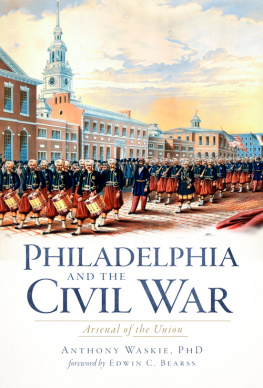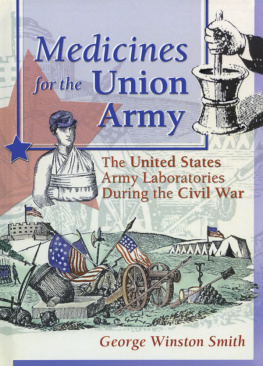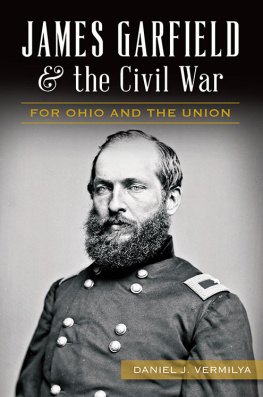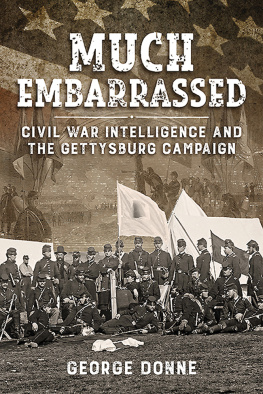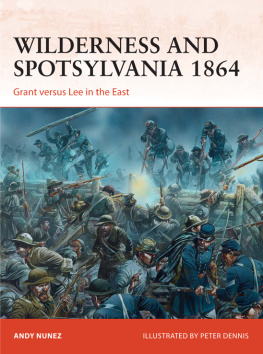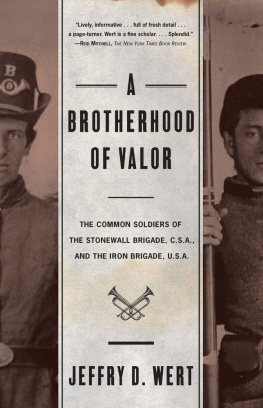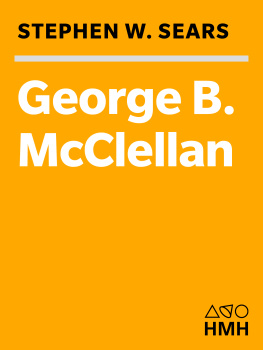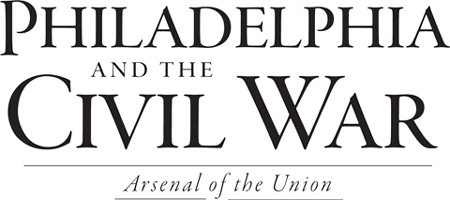A NTHONY W ASKIE , P H D
foreword by E DWIN C. B EARSS
Published by The History Press
Charleston, SC 29403
www.historypress.net
Copyright 2011 by Anthony Waskie
All rights reserved
Cover image: Parade of the Philadelphia Zouaves Corps in front of Independence Hall1862. Courtesy of the Historical Society of Pennsylvania.
First published 2011
e-book edition 2011
ISBN 978.1.61423.111.0
Library of Congress Cataloging-in-Publication Data
Waskie, Anthony J. (Anthony Joseph), 1946-Philadelphia and the Civil War : arsenal of the Union / Anthony Waskie.
p. cm.
print edition ISBN 978-1-60949-011-9
1. Philadelphia (Pa.)--History--Civil War, 1861-1865. I. Title.
F158.44.W37 2011
974.803--dc22
2011004527
Notice: The information in this book is true and complete to the best of our knowledge. It is offered without guarantee on the part of the author or The History Press. The author and The History Press disclaim all liability in connection with the use of this book.
All rights reserved. No part of this book may be reproduced or transmitted in any form whatsoever without prior written permission from the publisher except in the case of brief quotations embodied in critical articles and reviews.
Dedicated to the memory of my parents, Anthony Sr. and Eileen Slusser-Waskie, with love and devotion.
Contents
Foreword
I visited Washington, D.C., and other cities before and after serving in the U.S. Marine Corps in World War II, and later I undertook college studies in history. I entered the National Park Service as a historian and was later named chief historian.
Since my retirement in 1995 from the NPS, I have continued to hone my skills as a research historian, lecturer and tour guide to familiarize myself with the battlefields of the nation and their stories. It is only by walking in the footsteps of history that you can really understand and appreciate the events described in books. To expand my repertoire, I have developed and organized tours of the two Civil War capital citiesRichmond and Washingtonfocusing on the related political, social, business, industrial and military sites.
April 10, 2010, found me in Philadelphia to speak at the annual Preservation Luncheon of the Grand Army of the Republic Museum and Library, where I received the annual Samuel P. Town Grand Army award. As a historian at Laurel Hill Cemetery, Dr. Waskie gave me a tour and also led me to other historic sites. Before returning to Washington, Waskie told me he was working on a guidebook, Philadelphia and the Civil War, and invited me to read and comment on his manuscript. If warranted, he wished to know if I would write an endorsement. My answer was yes. My visit to Philadelphia satisfied me that like Washington and Richmond, Philadelphia was worthy of an outstanding guidebook as the nation approached the sesquicentennial of the Civil War. After a careful review of Andys manuscript, I found it to be a tour de force equal or better than Civil War guidebooks for other cities.
Because of the publications relating to Civil War cities, I have been leading tours for many years. I cannot say this for Philadelphia. My familiarity with Philadelphia was more with sites associated with the Revolutionary War and the founding of our nation, particularly those administered by the National Park Service. I have led tours of these sites for the Smithsonian Institutions study programs.
Speaking engagements had introduced me to a number of local Civil War sites and their significance, as well as historians at these locations. Among these is Andy Waskie. He received his doctorate in Germanic philology at New York University and is currently on the faculty of Temple University, where he is a professor of German. While that is his vocation, his avocation is what sparked our mutual interest: history, interpretation and preservation.
We first met at a Civil War seminar at Princeton University in the mid-1990s. Since then, we have participated as resource specialists in numerous Civil War seminars and workshops. On several occasions, he asked me to speak to Philadelphia groups. He wears numerous hats, serving on the executive board of the Civil War History Consortium of Philadelphia, as president of the General Meade Society and as co-director of the Civil War & Emancipation Studies at Temple.
Among Dr. Waskies many talents are his communicative skills in a first-person historical presentation. I was at the Harrisburg Community Colleges annual seminar when I first saw Andy morph into General Meade. It was a masterful performance, and I and others in the audience were mesmerized. On several of my speaking expeditions to Philadelphia, Dr. Waskie, in his own unique style, sparked my interest in Civil War Philadelphia. I believe he will inform, educate and spark the interest of anyone who reads this book.
Edwin C. Bearss
Arlington, Virginia
January 6, 2011
Acknowledgements
On such a broad subject as the Civil War history of Philadelphia, I was able to draw on a rich source of information, documents, references, photos, images and much benevolent assistance in preparing the present work in the very best traditions of the Quaker City and its long tradition of civic goodwill.
I must thank a number of individuals and institutions without whose help I could not have completed this work. It can often be invidious to single out individuals in a limited space, so I wish to thank all of the many people who rendered me such invaluable service. To all of them, I express my sincere thanks and heartfelt gratitude. I must, however, mention a few who went over and above the call to assist.
First and foremost, my beautiful and accomplished wife, Carol, was instrumental in her help from start to finish. Thanks also go to premier national historian Edwin C. Bearss of the National Park Service; Jon Sirlin for expert legal advice; Gene Stackhouse; Mr. Germantown History; Dr. Sanford Sher for his important work on behalf of Mower Hospital; Ed Colimore at the Philadelphia Inquirer for his insights into the press in Civil War Philadelphia; the staff at the Instructional Support Center at Temple University, especially Joanna Inman and Mike Dubinski; Dr. Dan Rolph at the Historical Society of Pennsylvania; Dr. Robert Hicks at the Library of the College of Physicians; Dr. Phil Lapsansky at the Library Company of Philadelphia; David Cassedy and Jim Mundy, curators at the Union League of Philadelphia, the archives of the Union League, soon to become the Templeton Center for Civil War Studies; Joyce Werkman of Camp William Penn Museum; Laurel Hill Cemetery, including Carol Yaster, Gwen Kaminski, Bill Doran and Russ Dodge; Tom and Jeanne OToole and Arlene and Steve Harris of the General Meade Society; and my student, Thomas Golanoski, who provided vital support.
The following institutions opened their collections to me and were most helpful: the Grand Army of the Republic Museum and Library; the Paley Library and Urban Archives at Temple University; the Army Heritage and Education Center in Carlisle, Pennsylvania; the Pennsylvania State Archives in Harrisburg; University of Pennsylvania Archives, Philadelphia; the Abraham Lincoln Foundation of the Union League; and Laurel Hill Cemetery.

